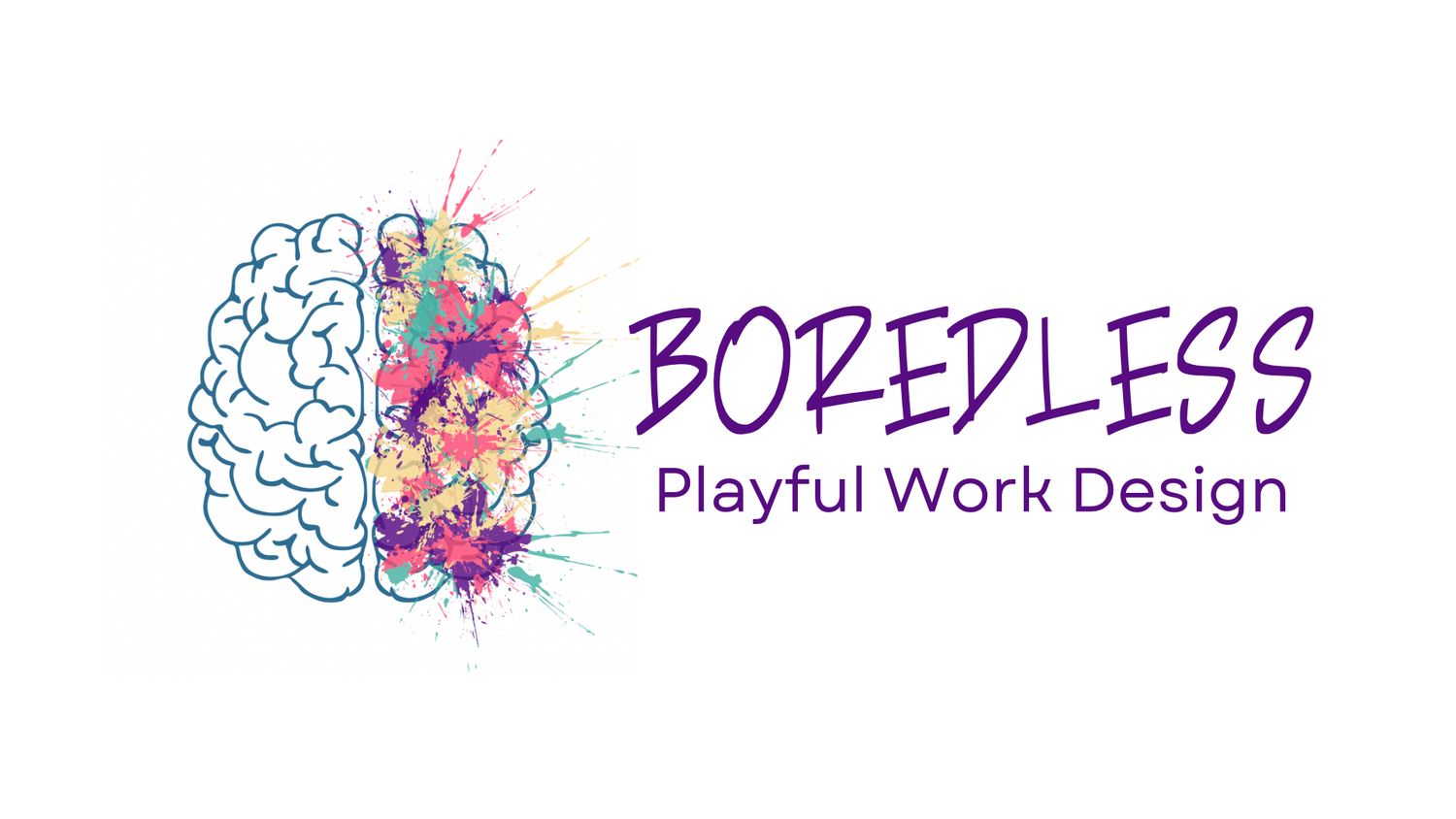Why you need an expert…
When my son was born in 2013, I signed up for every baby-related email list and followed a number of blogs and websites. Most of the information seem to match what my doctor would share with us so I trusted them. When my son was 11 months old, I read an article from a highly-followed website that stated the following:
“If his first words sound strange, he may be repeating them the way they sound to his ears: "da-ee" for "doggie," for example"
I was absolutely SHOCKED. This is not even sort of a little bit of a smidge right. Is it normal for typically developing, neurotypical young children to mispronounce things sometimes? Yes, but is it because they don’t HEAR IT CORRECTLY? NO. Here is what I wrote to the publishing website …
Good morning,
Typically, I enjoy reading your periodic emails about child development. This changed that week as I was appalled to read a glaring error. In the "11 month 3 week old" email, it stated: "If his first words sound strange, he may be repeating them the way they sound to his ears: "da-ee" for "doggie," for example". This is not true. A child produces approximations of adult speech because their articulators (the teeth, lips, soft/hard palate, and jaw) are not fully developed to allow for the intricate movements of the production of speech. A child with normal hearing can hear all the sounds of their language at birth! The statement you published would be akin to saying that children crawl before they walk because they are not tall enough to see how adults do it.
An error is one thing, however, this error also downplays the serious topic of early childhood hearing loss. The thing is, there *are* children who might be making errored approximations of words because that *is* all they are hearing, but this is a serious problem, not something that will be outgrown. I hope that you print a correction and also consider doing some awareness campaigns about congenital and childhood hearing loss. More than one in every thousand babies have hearing loss at birth(1.4 per 1,000 CDC's Hearing Screening and Follow-up Survey, 2009). It is not uncommon. This is a great place to start for info. http://www.cdc.gov/ncbddd/hearingloss/facts.html
Unfortunately, I will no longer come to your website for advice or facts as I cannot trust the information that you publish to be true.
Thank you for your time,
Acey Holmes, Mother and Speech-language Pathologist
If you are creating in the toy/playspace and considering speech and language development for your product or program, first, let me say THANK YOU! But, please consider consulting with a certified and experienced professional in the field. We have such an incredible amount of information available at our fingertips but often the sources are not reliable.
